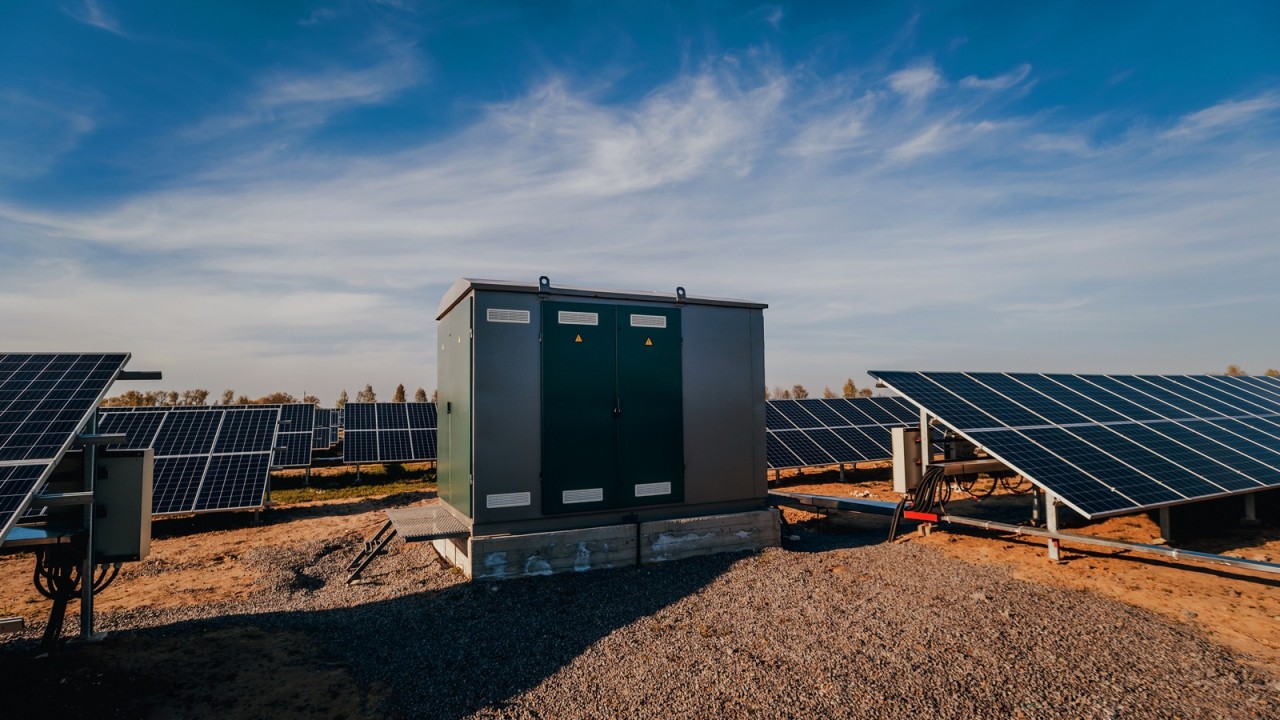As the demand for clean, sustainable energy continues to rise, solar power has emerged as one of the leading solutions for homeowners and businesses alike. However, traditional solar power systems come with a significant limitation: they can only generate electricity when the sun is shining. This is where solar energy storage steps in, transforming solar systems from daytime-only power providers to round-the-clock energy solutions.
In this article, we’ll explore the top benefits of solar energy storage and how this powerful technology is revolutionizing the way we generate, use, and think about electricity.
- Energy Independence and Reliability
One of the most compelling benefits of solar energy storage is the ability it gives homeowners and businesses to gain greater control over their energy supply. By storing excess energy produced during the day, solar batteries can provide power at night or during outages. This reduces reliance on the grid, which can be especially important in areas prone to power disruptions due to weather, aging infrastructure, or high demand.
Key Takeaway:
With energy storage, solar users aren’t just producing electricity—they’re managing it. This autonomy means fewer surprises on the utility bill and more confidence in having access to power when it’s needed most.
- Reduced Electricity Bills
When a solar energy system generates more electricity than is consumed, that excess energy would traditionally be sent back to the grid. Depending on local net metering policies, this might earn you a credit, but it’s often less valuable than using that electricity yourself.
With solar energy storage, you can store surplus energy and use it later, such as during peak hours when electricity rates are higher. This can significantly reduce your utility bills over time by maximizing your use of self-generated power.
Key Takeaway:
Solar storage allows users to avoid peak pricing and minimize utility dependence, making it a smart financial choice in regions with time-of-use (TOU) rate structures.
- Support During Grid Outages
As grid reliability becomes a growing concern, solar energy storage offers an increasingly important benefit: backup power. Whether it’s an unexpected blackout or a planned maintenance outage, having a solar battery means your essential appliances—like refrigeration, medical devices, or communication tools—can continue running.
Some advanced systems allow users to prioritize critical loads, ensuring that key systems remain operational while conserving stored energy.
Key Takeaway:
Peace of mind during blackouts is one of the most valuable benefits of solar energy storage, especially in regions impacted by natural disasters or aging power infrastructure.
- Maximizing Return on Investment (ROI) from Solar Panels
Solar panels are a long-term investment, often lasting 25 years or more. However, without storage, a portion of the power they produce could go unused or be sold back to the grid at a reduced rate. Storage ensures that you make the most of every kilowatt-hour generated.
By capturing and storing energy for use at optimal times, you increase the overall efficiency and financial returns of your solar energy system.
Key Takeaway:
Solar energy storage enhances the value of your solar investment, making every panel more productive and profitable.
- Environmental Impact and Sustainability
Solar energy storage isn’t just about cost savings—it’s also about making a meaningful difference for the environment. Using stored solar power reduces the need for electricity from fossil fuels, which are often relied upon during peak demand times. This helps reduce greenhouse gas emissions and air pollution.
The cleaner and more self-sufficient your energy system is, the smaller your carbon footprint will be.
Key Takeaway:
Combining solar panels with storage maximizes the environmental benefits of renewable energy, helping move us toward a cleaner, more sustainable future.
- Increased Grid Resilience and Support
When adopted at scale, solar energy storage contributes to grid stability. During periods of high demand, such as hot summer afternoons, battery-stored energy can reduce strain on the grid. This distributed energy model supports utilities by reducing the risk of blackouts and lowering infrastructure costs.
Some utility companies are even offering incentives for homeowners who agree to let their batteries supply energy to the grid during critical times—a concept known as “virtual power plants.”
Key Takeaway:
By investing in solar storage, individuals benefit personally and contribute to a more resilient and efficient energy system.
- Customizable and Scalable Systems
Solar energy storage systems come in various sizes and configurations, allowing users to tailor solutions to their specific energy needs and goals. Battery storage can be scaled accordingly, whether you’re powering a tiny home or a large industrial facility.
You can also start small and expand over time as your energy needs grow or technology improves.
Key Takeaway:
Flexibility is another one of the major benefits of solar energy storage—it adapts to your needs and grows with your system.
- Energy Arbitrage Opportunities
In some markets, energy prices fluctuate throughout the day. Sophisticated solar-plus-storage systems can be programmed to store energy when prices are low and sell it back to the grid when prices are high—a strategy known as energy arbitrage.
Though this option is more common for commercial users, it’s becoming increasingly accessible to residential customers as policies evolve and software improves.
Key Takeaway:
Solar energy storage opens the door to advanced energy management strategies that can turn your system into a revenue-generating asset.
- Eligibility for Incentives and Tax Credits
Governments worldwide are encouraging the adoption of renewable energy through financial incentives. In many regions, adding battery storage to a solar system may qualify for rebates, tax credits, and other programs that offset installation costs.
For example, in the U.S., the federal Investment Tax Credit (ITC) allows homeowners and businesses to deduct a percentage of the cost of solar-plus-storage systems from their taxes.
Key Takeaway:
Installing solar storage can unlock additional financial incentives, making it even more affordable and attractive in the long run.
- Future-Proofing Against Rate Increases
Electricity prices are on the rise due to inflation, increased demand, and the cost of maintaining aging infrastructure. By relying more on self-generated and stored energy, you can insulate yourself from future rate hikes and market volatility.
One of the most reliable benefits of solar energy storage is long-term savings, which give consumers more predictability in their energy expenses.
Key Takeaway:
Solar storage protects you from unpredictable energy markets, delivering greater long-term financial stability.
Why Energy Storage is the Next Frontier in Solar
Solar energy has already proven itself as a viable alternative to fossil fuels, but pairing it with energy storage takes its impact and utility to the next level. From energy independence and lower bills to environmental sustainability and grid support, the benefits of solar energy storage are profound and far-reaching.
As battery technologies improve and prices continue to fall, solar-plus-storage systems will become increasingly accessible, reshaping how we generate, store, and use energy. Whether you’re a homeowner looking to save money or a business leader aiming for resilience and sustainability, investing in solar energy storage is a smart move today and for the future.



































